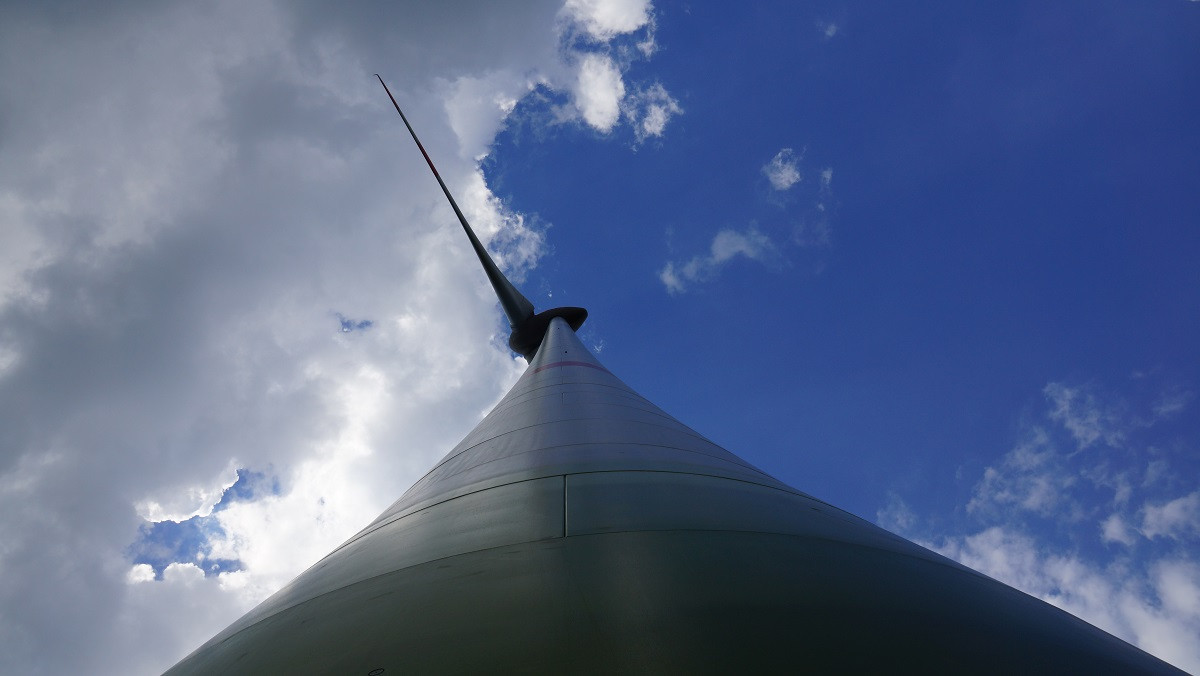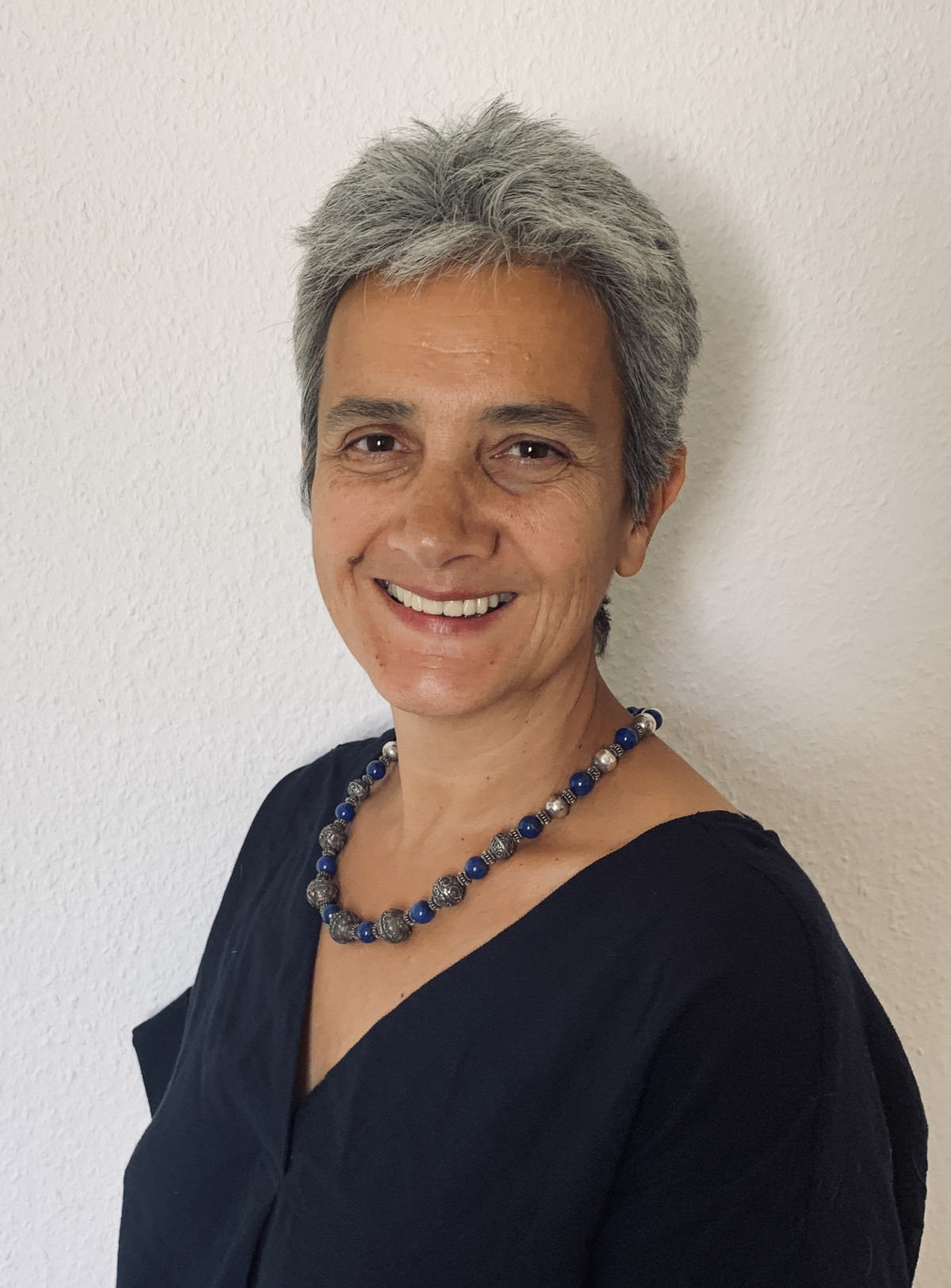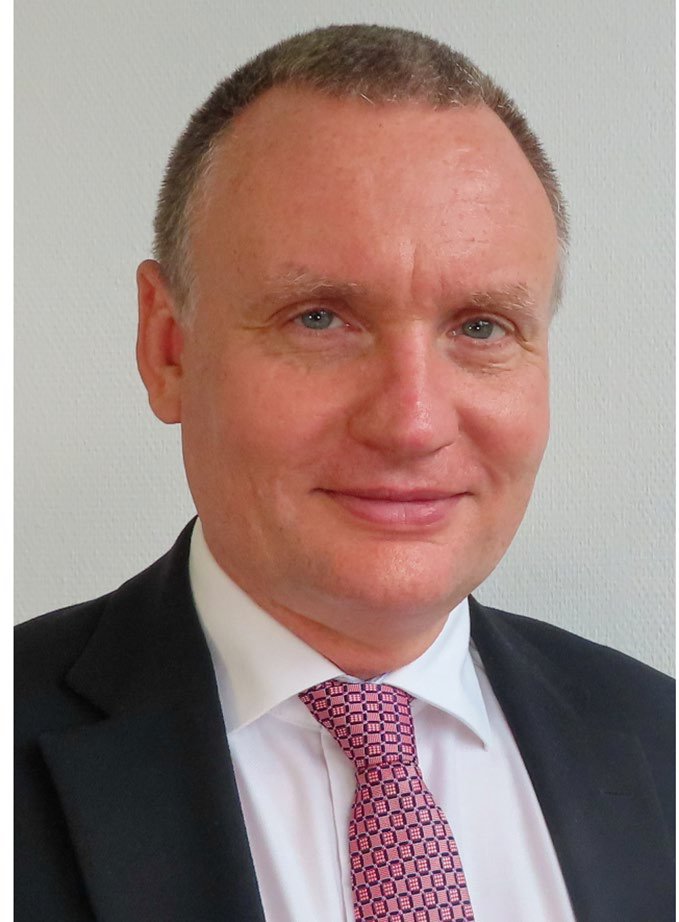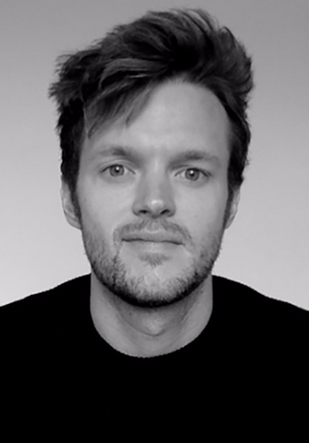Deep dive: Making the most of Europe's renewables potential
The best part of Europe’s energy system is based on fossil fuels today. However, the European Commission expects this to radically change with the large-scale electrification of the energy system driven by the deployment of renewables, as the EU aims to become climate-neutral by 2050. Wind, solar, geothermal, tide, wave and other ocean energy, hydropower, biomass, landfill gas, sewage treatment plant gas and biogases will form the backbone of the future carbon-free energy system, together with nuclear power.
But which types of renewables will be the most important, and can they all be considered carbon neutral? And where will the production facilities be located? No two energy transitions in Europe will be the same due to their unique starting points, economic conditions and geological and geographical differences. These differences also offer an opportunity for these countries to collaborate. Flexible markets and intelligent, well-developed networks must ensure that supply security remains as high as it is today.
The key questions we will be looking at include:
- What is the current status of renewables penetration in European countries?
- How fit is the infrastructure for transporting renewable energy from one region to another? Is only renewable electricity transported across regions, or also heat or renewable gas?
- Which are the most important renewables sources and where will facilities be located by mid-century?
- Which are the biggest hurdles to renewables expansion?
- Can a customer in Spain buy electricity from a supplier in Lithuania?
- How will energy imports and exports with countries outside the continent evolve with more renewables in the system?
- What is green hydrogen?
The event, open only to journalists, is organised by Clean Energy Wire - CLEW in cooperation with the Ecologic Institute. It is part of a series dedicated to key issues in Europe’s energy and climate policies. Find out more about these events and CLEW's Europe plans here.
We will publish more information on the agenda and speakers soon.
Agenda
| 16.00 - 16.05 | Welcome and introduction by moderator Julian Wettengel, staff correspondent, CLEW |
| 16.05 - 16.20 | Renewables in Europe: status and potential – a region-based view by Dolf Gielen, IRENA |
| 16.20 - 16.30 |
Q&A |
| 16.30 - 16.40 |
Renewables infrastructure: Connecting Europe’s power grids |
| 16.40 - 16.50 |
Are EU member states on the way to making the most of their potential? |
| 16.50 - 17.00 | The future of renewables-based fuels – domestic production or imports? by Stephanie Searle, ICCT |
| 17:00 - 17.25 | Joint discussion and Q&A |
| 17.25 - 17.30 | Conclusions and outlook |
Speakers
Antonella Battaglini is Founder and Chief Executive Officer of the Renewables Grid Initiative. She is currently a member of the European Commission's expert group on electricity interconnection targets and member of the World Economic Forum’s Global Future Council on Clean Electrification 2020-2021, has previously been an expert member of the World Economic Forum’s 2014-2016 Global Agenda Council on the Future of Electricity.
Dolf Gielen is IRENA Director for Innovation and Technology since 2011. He has more than 25 years of experience with energy transition strategy development and implementation as well as technology policy in an international context. He has a PhD from Delft University of Technology in Delft, The Netherlands.
Charles Moore, European Programme Lead at Ember,produces analysis and develops strategies to support Ember’s policy goals with a specific focus on European coal phase-out. Charles is an experienced utility professional and joined Ember in 2017 after spending 5 years at RWE in a variety of roles across the electricity and natural gas value chain.
Stephanie Searle leads the ICCT’s Fuels program. The Fuels team currently focuses on biofuel sustainability, support for advanced low carbon fuel pathways, lifecycle analysis of fossil fuel production, and opportunities to adopt ultra low sulfur fuel standards. Stephanie also contributes to work on electric vehicle incentives.
FREQUENTLY ASKED QUESTIONS
Please click on the red "Sign up"-Button and fill in the necessary information. Remember to confirm your sign up via the automatic email you receive from us (it could land in your spam folder).
No, we will not record the web-event.
Yes, the web event will be on the record.
The web-event language is English.
Sound quality is greatly improved by using headsets with
microphone. It is recommended that all active participants equip
themselves accordingly (smartphone headsets are sufficient).





